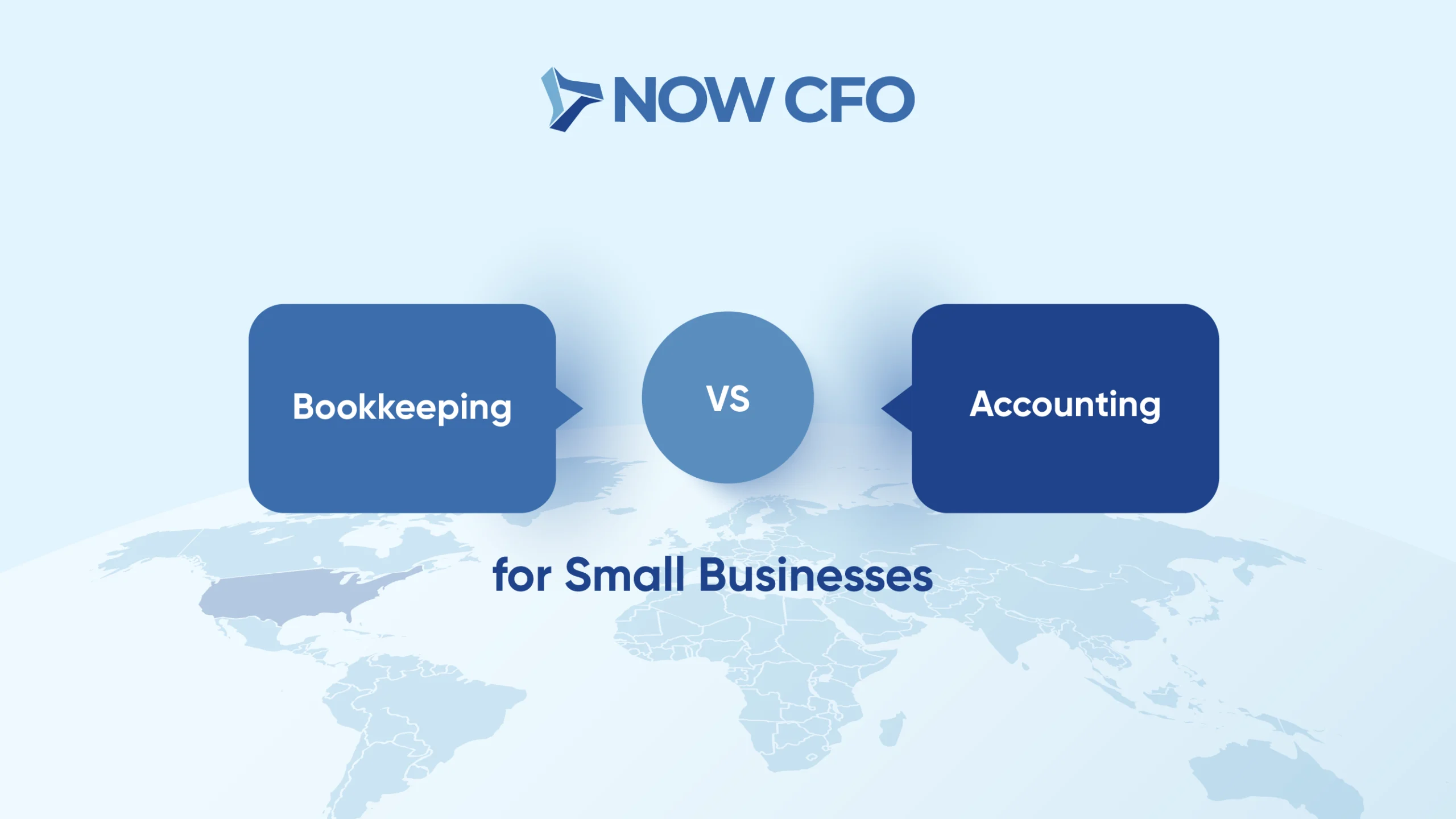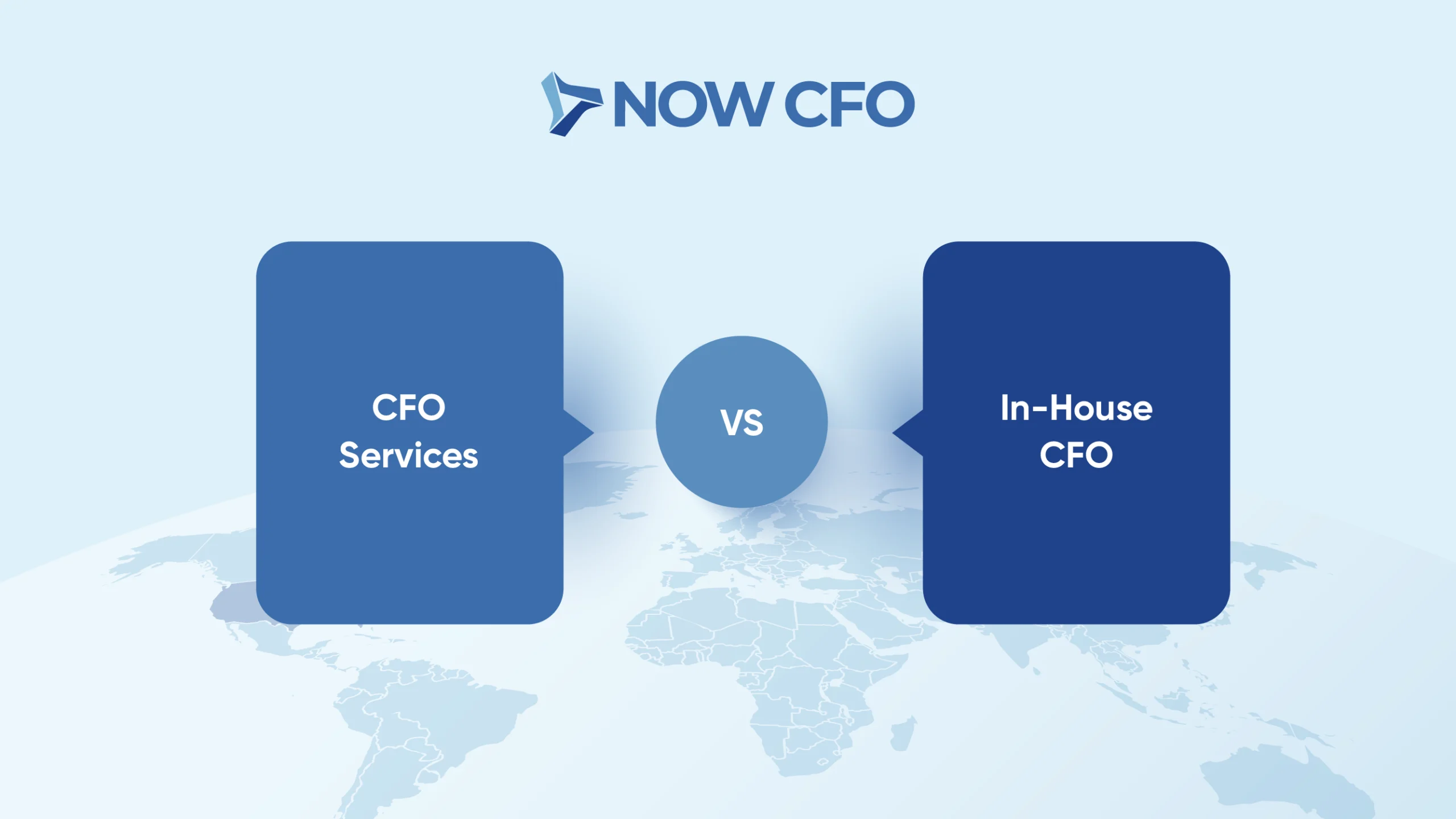Mergers and acquisitions are big buzzwords in the business world, especially the world of startups. In the larger corporate world, these transactions often make headlines, and the leading of a huge merger can make or break the career of a CEO. On a smaller scale though, these types of transactions take place all the time for a variety of reasons.
Here is a guide to some of the differences between the two types of transactions, why they happen, and what it takes to make them successful.
Merger and Acquisition Terms Defined
Mergers and acquisitions are often different in quite small ways, and the terms are used interchangeably. A merger is, generally speaking, when two companies combine to either form a third company, also known as a consolidation. Both company stocks, if they are publicly traded, are surrendered and new stocks from the new company are issued. Think Daimler-Benz and Chrysler who then became Daimler-Chrysler and new stock was issued with the new company name. There are a few different types of mergers, including:
- Horizontal: Two companies who sell the same type of product or provide similar services and are in competition.
- Vertical: This involves the merger of a customer and a company or a company and someone who supplies them with inventory or goods, like a steakhouse and a beef grower.
- Market-Extension: In this case, the companies sell the same products but in different markets, like the United States and Mexico, for example.
- Product-Extension: The companies sell related but different products in the same markets, like kitchen appliances and knives.
- Conglomerate: The two companies sell completely different products.
An acquisition is a lot like a merger, except that instead of two companies forming a new one, one company buys another and absorbs them. The parent company’s name and stock do not change, and the target company usually ceases to exist. Sometimes it will continue as a shell, with no assets or cash, and will eventually either be liquidated or will change to an entirely different business area.
There is an unusual type of acquisition called a reverse merger. What it means is that a company who is not publicly traded purchases a shell company with no assets or cash who is, and then merges into that company, quickly becoming a one with publicly traded shares. Think of it as a shortcut instead of an IPO.
Why Companies Merge
Both legally and for their stockholders, a company usually needs justifications for a merger, known as synergies. A few examples are as follows.
- Staff Reductions: To avoid duplication, most of the time a merger results in job cuts in marketing, accounting, HR, and in the CEO position.
- Scale: A larger company can make bulk orders at lower prices, and this is often a major reason behind a merger.
- Technology Acquisition: Often startups with unique technology are bought by a larger company who uses that technology so they can make it their own.
- Market Reach: A combination of two companies has the larger market reach, a bigger line of products, and often higher visibility.
In short, the merger must benefit both companies financially and their ability to overcome future challenges. At a larger scale, they must often benefit the overall market in order for them to be legal.
The M&A Process
As you can imagine, even a simple merger and acquisition can be a very complex financial deal. It often takes a team of financial and legal experts to make things go smoothly. Companies often hire a CFO on a temporary basis along with other financial professionals to perform due diligence and make sure their financial interests and those of their stockholders are protected.
This process can go one of two ways: there can be an offer presented to the board of directors or the owner of the company to make a purchase, the benefits are outlined for both sides, and the transaction is approved or not approved by the target company.
The other way the process can go is a hostile or unfriendly takeover. This is when one company buys up a large percentage of stock in to the other, but instead of going through management, an offer is made directly to stockholders, called a tender offer. There are several strategies companies often use to try to combat a hostile takeover, but it can be challenging once the acquiring company has obtained enough stock.
The Importance of your Merger and Acquisitions Team
There are several reasons you need a merger and acquisition team whether you are the purchasing company or the target one. One of the most important of these is that you need to continue to run your business profitably while the transaction goes through. But there are other reasons as well.
- Valuation Matters: Either the value of your business if you are the target or the value of the business you are purchasing matters, and both values matter in a merger. This is about more than just assets, but economic value and predicted growth as well.
- Due Diligence Matters: All the details about the other company, although they may not be obvious at first glance, need to be taken into consideration.
- Regulations: Many mergers are susceptible to regulatory scrutiny and rules (see Sprint and T-Mobile), and you need to know as a company not only what they are but how to navigate them.
- Tax Implications: Yes, an M & A transaction is often subject to taxes, and will have an impact on the future taxes the resulting company will pay. It may also impact stockholders. Tax attorneys and other tax professionals can help you understand and navigate them.
There are several aspects to this type of transaction, and it is unlikely that you are an expert in all of them, nor do you have the time to navigate them. Usually your team will be made up of a business broker or an investment banker, law professionals, tax professionals, and other financial professionals, including a CFO if you do not have one of your own.
Fortunately, you don’t have to hire a bunch of full-time pros for the long term, especially if you are a small to medium business. Through NOW CFO, you can hire the financial team you need for as long as you need them, and they have specialists in merger and acquisition transactions.
Have questions? Do you already need a professional team to help you in this area? Contact us today for more information, and to learn how NOW CFO can make the transaction easier for you.














